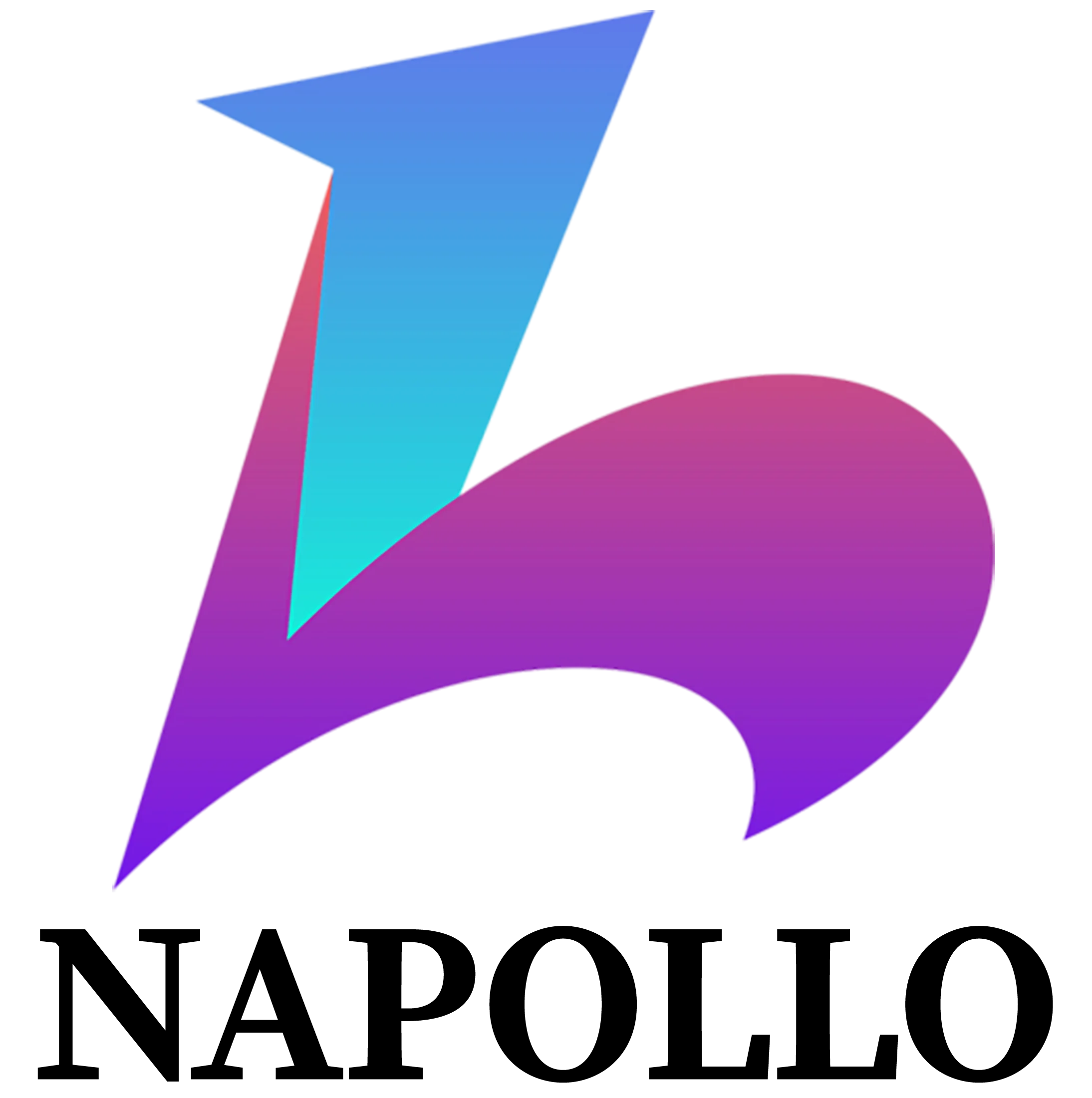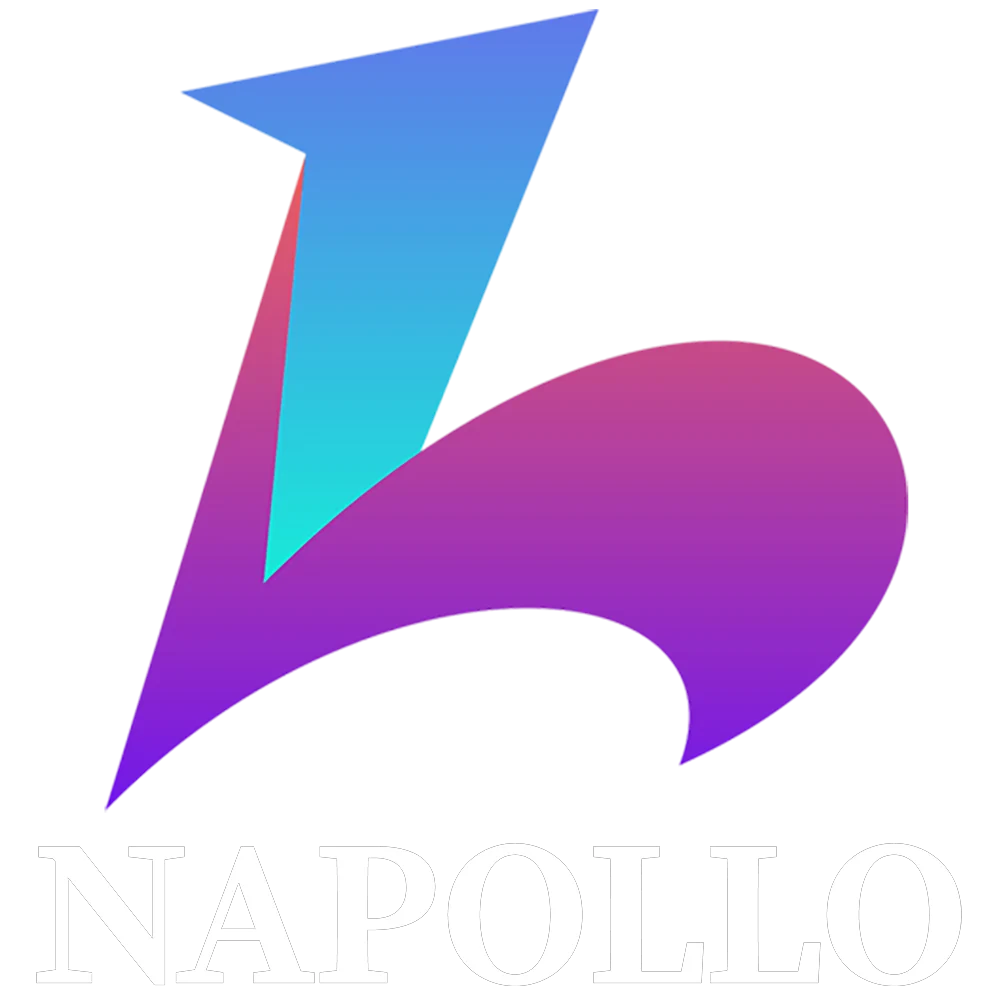Contents
- 1 Elegant Syntax and Developer-Friendly Environment:
- 2 Modular Architecture and MVC Pattern:
- 3 Powerful Routing System:
- 4 Database Management with Eloquent ORM:
- 5 Effortless Authentication and Authorization:
- 6 Powerful Caching Mechanisms:
- 7 Task Scheduling and Queues:
- 8 Testing and Debugging Tools:
- 9 Community and Ecosystem:
- 10 Scalability and Future-Proofing:
In the realm of web development, Laravel has emerged as a dominant force, empowering developers to build robust, scalable, and efficient websites and web applications. With its elegant syntax, comprehensive toolkit, and powerful features, Laravel has revolutionized PHP development. In this article, we will explore how Laravel can supercharge your website by harnessing its extensive set of features and functionality.
Elegant Syntax and Developer-Friendly Environment:
Laravel embraces a clean and expressive syntax that enhances developer productivity and readability. Its intuitive and elegant code structure allows developers to write code quickly and efficiently. Additionally, Laravel offers a developer friendly environment with features like automatic code reloading, error handling, and robust debugging tools. These aspects contribute to a smoother and more enjoyable development experience, making Laravel an excellent choice for building websites.
Modular Architecture and MVC Pattern:
Laravel follows the Model-View-Controller (MVC) architectural pattern, providing a structured approach to organizing code and separating concerns. The MVC pattern promotes code reusability, maintainability, and scalability. With Laravel’s modular architecture, developers can easily create reusable components and modules, reducing development time and effort. This allows for better code organization and collaboration among developers, resulting in a more efficient and maintainable codebase.
Powerful Routing System:
Laravel offers a Powerful Routing System that simplifies the process of defining application routes. With Laravel’s expressive and flexible routing syntax, developers can define complex routing patterns, handle HTTP requests, and map them to corresponding controller actions. This makes it easier to create clean and intuitive URLs and build RESTful APIs. The routing system also integrates seamlessly with other Laravel features like middleware, authentication, and caching, providing a unified and streamlined development experience.
Database Management with Eloquent ORM:
Laravel’s Eloquent ORM (Object-Relational Mapping) is a powerful and intuitive database management tool. It simplifies database interactions by allowing developers to work with databases using PHP objects and methods, rather than writing complex SQL queries. Eloquent provides an expressive syntax for querying and manipulating data, making database operations more efficient and readable. It also supports relationships, eager loading, and caching, enabling developers to build sophisticated database driven applications with ease.
Effortless Authentication and Authorization:
Implementing user authentication and authorization is a common requirement for many websites. Laravel simplifies this process with its built-in authentication and authorization features. With just a few lines of code, developers can implement secure user registration, login, and password reset functionality. Laravel’s robust authorization system provides fine grained control over user permissions and access levels, ensuring that only authorized users can perform specific actions. This saves development time and effort while ensuring the security of your website.
Powerful Caching Mechanisms:
Caching plays a crucial role in improving website performance and reducing the load on the server. Laravel provides powerful caching mechanisms out of the box. Developers can easily cache database query results, rendered views, and expensive computations to improve response times and reduce database load. Laravel supports various caching drivers, including popular ones like Redis and Memcached, allowing developers to choose the best option based on their specific requirements.
Task Scheduling and Queues:
Laravel simplifies the Execution of Recurring Tasks and background processing through its task scheduling and queueing capabilities. Developers can define scheduled tasks to run at specific intervals, such as sending automated emails or performing database backups. Laravel’s queueing system allows for efficient processing of time consuming tasks by offloading them to background workers, ensuring a smooth and responsive user experience.
Testing and Debugging Tools:
Quality assurance is a vital aspect of website development. Laravel provides a robust testing framework that simplifies the process of writing and running tests. With Laravel’s testing tools, developers can write unit tests, integration tests, and even browser tests to ensure the correctness of their code. Additionally, Laravel offers comprehensive debugging tools, including detailed error messages, stack traces, and the ability to log and monitor application events. These features facilitate efficient debugging and help developers identify and resolve issues quickly.
Community and Ecosystem:
Laravel benefits from a vibrant and active community of developers. The Laravel community regularly contributes to the framework by creating packages, extensions, and libraries that enhance its functionality and provide additional features. This vast ecosystem allows developers to leverage existing solutions, saving time and effort in building common features. The Laravel community also provides extensive documentation, tutorials, and forums, making it easy to find resources and get support when needed.
Scalability and Future-Proofing:
As your website grows and attracts more users, scalability becomes a critical factor. Laravel is designed to handle large-scale applications and can easily scale to accommodate increasing traffic and data. With features like load balancing, caching, and queuing, Laravel ensures that your website can handle high volumes of traffic efficiently. Furthermore, Laravel’s commitment to backward compatibility and its regular release cycle make it a future-proof choice, ensuring that your website remains compatible with the latest PHP versions and security updates.
Laravel empowers developers to supercharge their websites by leveraging its powerful features and functionality. From elegant syntax and modular architecture to robust database management, authentication, and caching mechanisms, Laravel streamlines the web development process and enhances overall website performance. By harnessing the capabilities of Laravel, developers can build high-quality, scalable, and efficient websites that meet the demands of modern web development.









